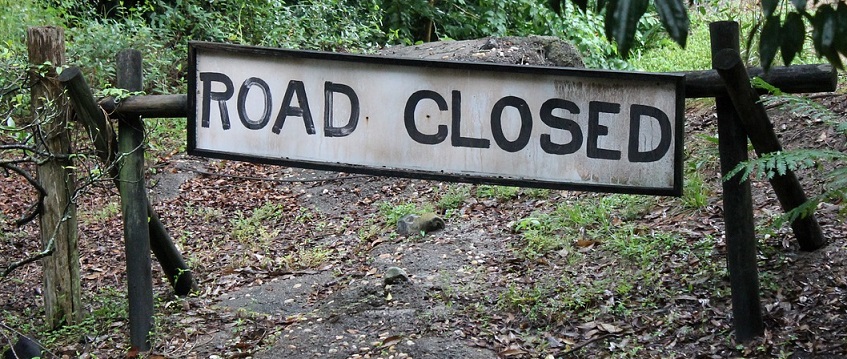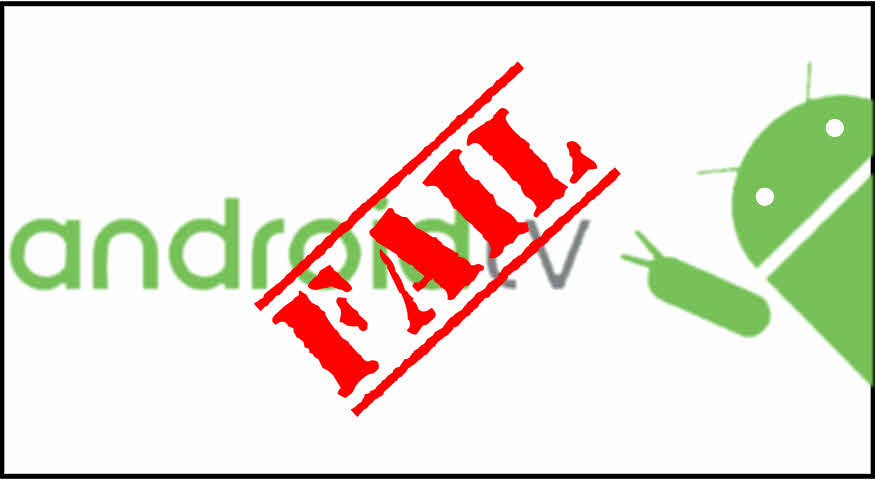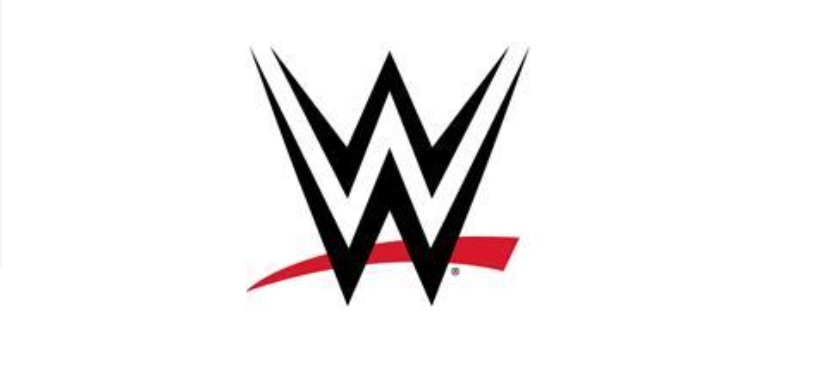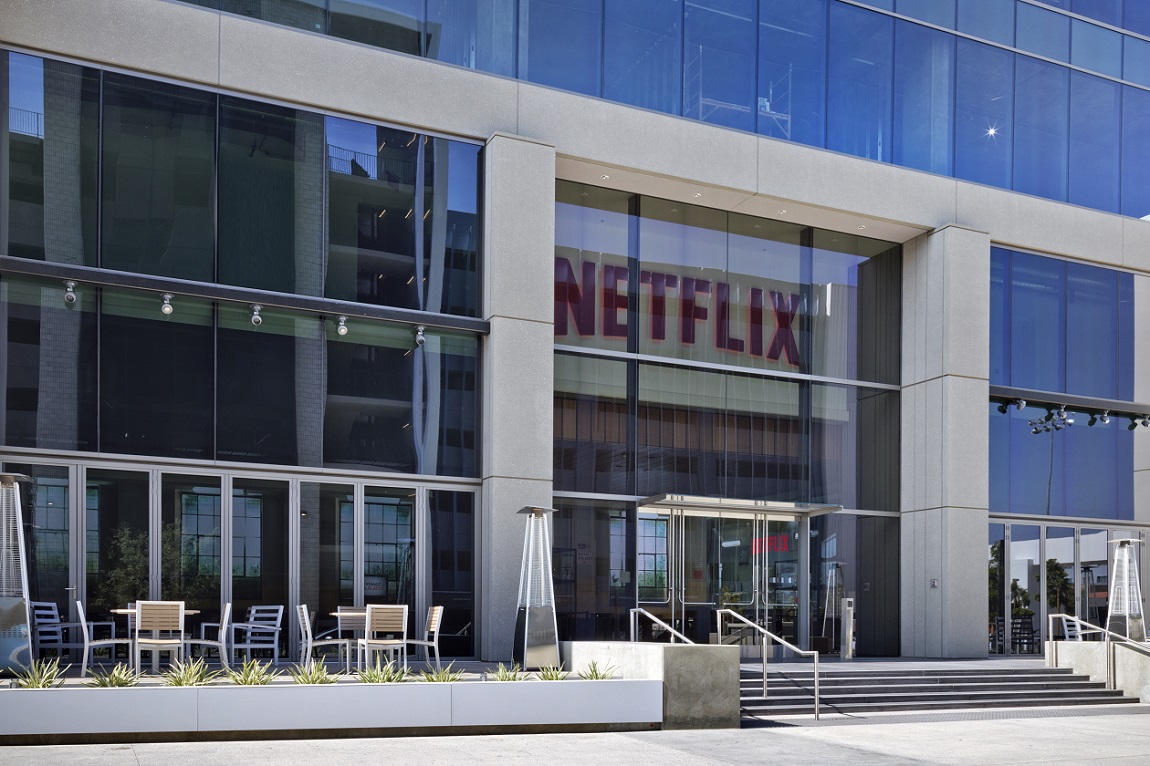I made a reference to the US vs Paramount court case in my article regarding Amazon’s purchase of MGM, but here’s an overview of the case. Multiple motion picture studio’s were practicing what the US Government viewed as monopolistic practices in violation of the Sherman anti-trust act passed in 1890. In 1928 the government charged the studio’s with violation, two practices that they were involved in is not to different than what we’re seeing today, the ownership of local movie studio’s or the “block booking” of those which were independently owned. Block booking was the practice of entering into a contract with the theater owner so that he was obligated to show the movies the studio provided. One of the arguments against these practices was that smaller upstart movie studios couldn’t get their material shown in theaters.
Due to political reasons as well as compromises between the Government and the attorneys representing the studio’s, the case went through a series of filings and delays until ultimately it went before the US Supreme court where the court decided in favor of the Government in 1948.
As a result, the studios were required to sell off the company-owned movie theaters and the owners of the theaters were allowed to pick and choose which movie they wished to show on a case-by-case basis. At the time, the majority of theaters only had one screen. So giving the theater owners the opportunity to pick which movie they wished to show to the audience allowed them to pick which movie that they felt would do the best.
If an upstart studio, say maybe something like an animated studio, had a novel idea of a feature-length cartoon about a wooden puppet who is turned into a live little boy convinced a theater owner into taking a chance on it, the theater was allowed to do it. It also meant that if someone was crazy enough to come up with the idea of having a cartoon that was almost an hour and a half long, it had better be something that was pretty entertaining to more than just the 5-year-old kids in the community. It also meant that if the movie was a flop, the theater felt the sting because the owner was the one who picked it. The film wasn’t forced upon it by the movie studio.
Yes, there is a reason why this scenario was used as a hypothetical situation. Walt Disney and his upstart studio was one of the small upstart’s that was having difficulties getting his movies shown.
I found myself wondering how that would be put into practice in the modern day.
It’s not difficult to see that much of what we see in the television industry isn’t to far removed from what brought about the anti-trust lawsuit against Hollywood studios. On the broadcast side ABC is owned by Disney and the majority of the prime-time programming is all produced by one of many Disney owned studios. NBC is owned by Comcast and the majority of the programming that they produce is all produced by one of many studios owned by Comcast. CBS is marginally different, but only marginally. If its not produced by a CBS or Viacom owned studio then its produced by a studio owned and operated by Warner Media, a studio that CBS has had a close relationship with and even to the point of a joint ownership of The CW Network, a network best known for it’s series of “Arrowverse” programming, shows based on DC comic superheros who all share a continuity with each other with DC comics, being owned by Warner Media and ViacomCBS.
The further you go back in time the less pronounced this is. MASH, one of the most popular TV shows on the air, was produced by 20th Century Fox and a weekly staple on CBS for over a decade. The Six Million Dollar Man and its spin-off, the Bionic Woman, produced by Universal, both got started on ABC but when ABC canceled the Bionic Woman it was picked up for its final season on NBC.
Will we see this kind of content nepotism continue as streaming grows? While there are less stakeholders in the streaming model, as in there are not theater owners being forced to play content, the result is that it is harder for smaller studios and creators to break into the new platform. Can a brand new independent studio get oxygen when Disney+, Netflix, and HBO Max can buy ads during the Superbowl promoting content that they own outright? How will the current landscape stiffle the next Disney or even Pixar?






